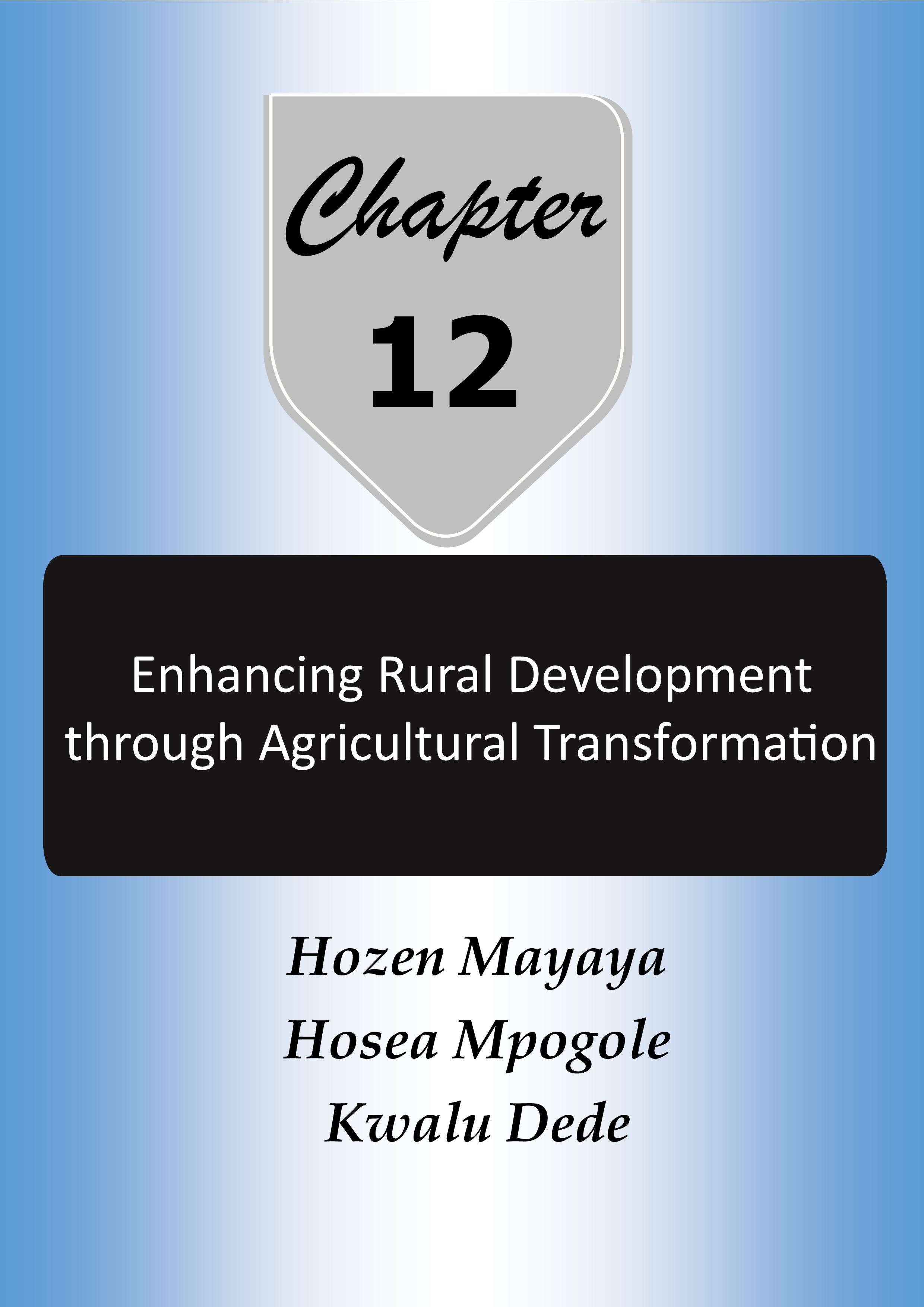Enhancing Rural Development through Agricultural Transformation
Abstract
About 70% of the population in Tanzania live in rural areas and a majority of them are engaged in agriculture as their main economic activity. For this reason, rural development entails, among other things, transforming the agricultural sector to make it more productive and remunerative to farmers. This paper uses a desk review of grey literature with limited interviews to explore the current state of the agricultural sector and the plans and efforts undertaken by the Samia administration to transform the sector. In particular, this paper assesses the influencers of the current government priorities and continuity with the previous Magufuli administration, barriers to implementing priority policies or strategies, notable achievements; and provides a direction for future policy. After about one year of President Samia Suluhu Hassan in office, the paper analyses the plans, efforts and achievements of the Samia administration in various areas, including the commitment to increase agricultural productivity and to move away from subsistence to commercial agriculture; construction of irrigation schemes; removing bans on the marketing of agricultural produce; reducing post-harvest losses; increasing access to agricultural credit; and strengthening research and extension services. Other areas are strengthening the capacities of NFRA and TADB, attracting investment in agro processing, enhancing deep-sea fishing, and reducing nomadic pastoralism by promoting modern animal husbandry and improving animal breeds. These efforts are expected to transform agriculture and improve rural livelihoods.
Collections
- Book Chapters [18]

